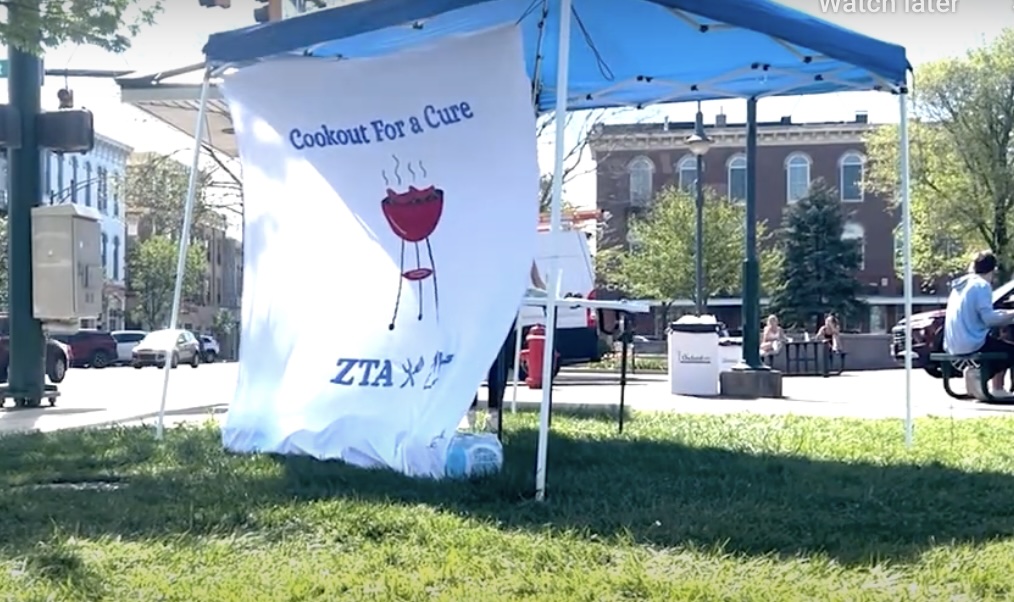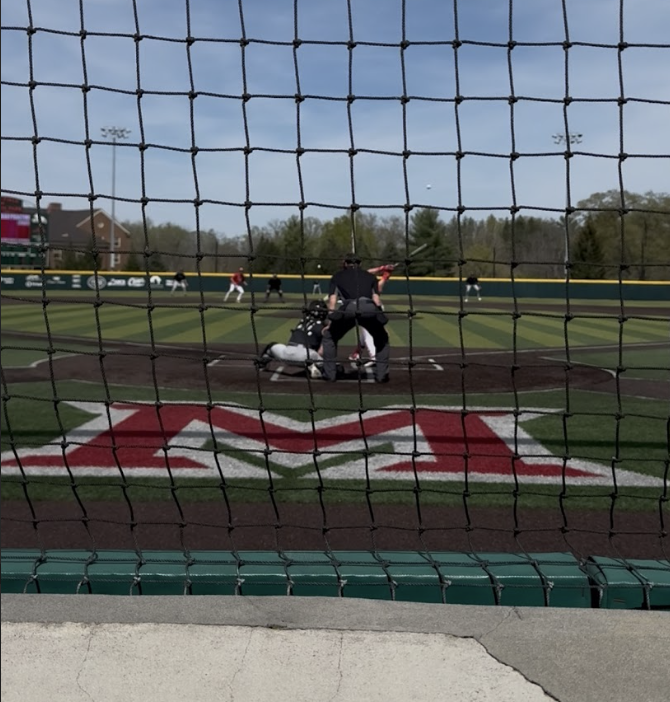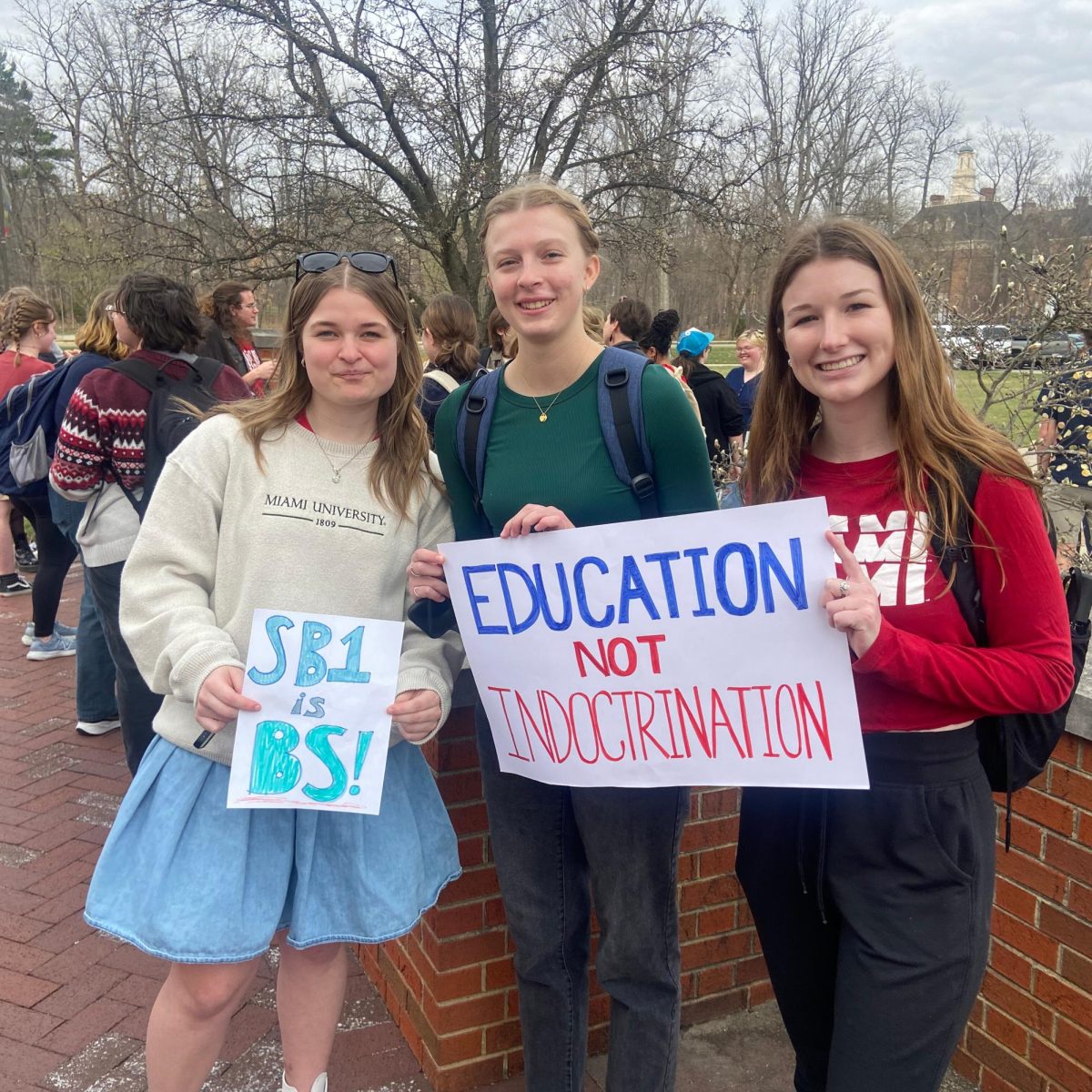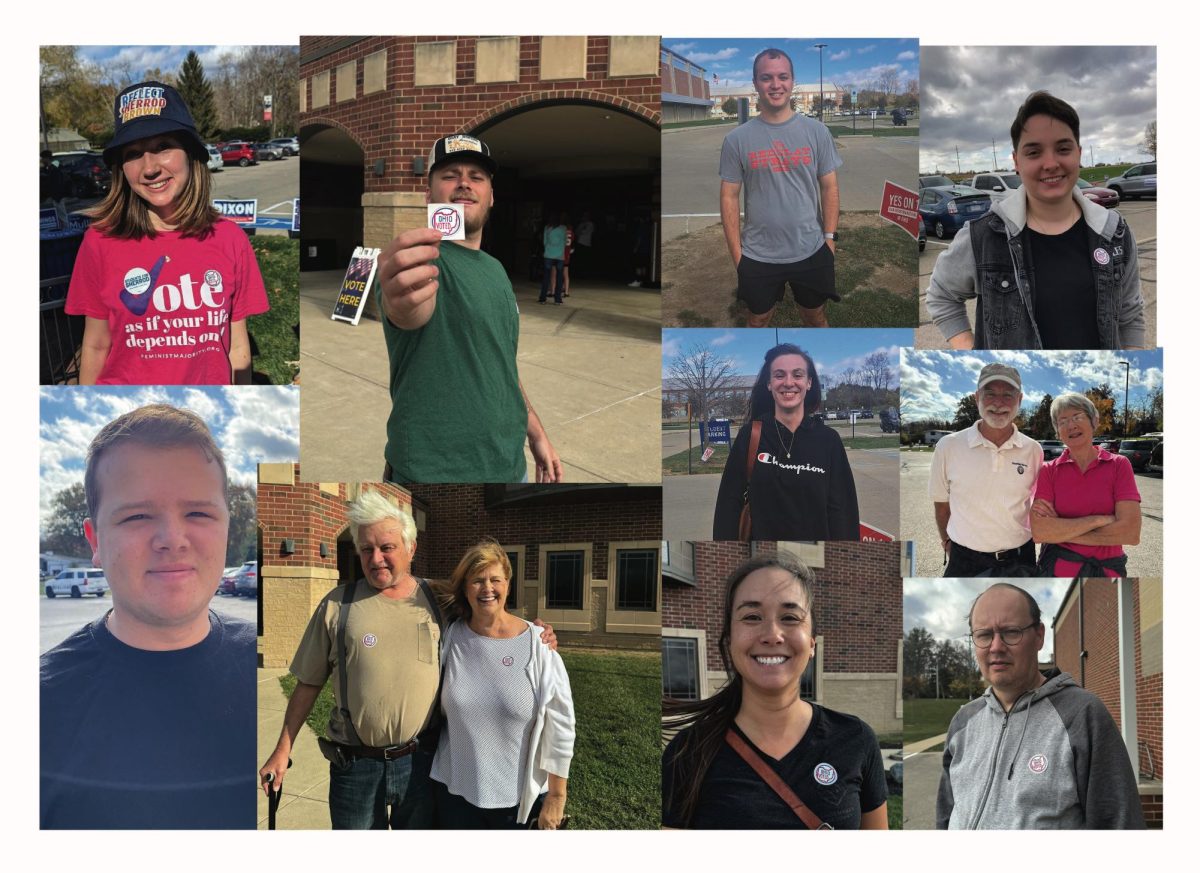Miami University blocked a group of its education faculty from sending a letter to the Hamilton City School District protesting a proposal to arm Hamilton teachers. The letter, a university spokesperson said, made it seem as though the authors were speaking for the university, which has no official stance on arming educators.
“Any faculty, based on their expertise, is free to comment … on their area of expertise,” said Claire Wagner, university director of communications. “They can use their title, but not Miami stationery — unless they have permission.”
The letter was in response to an ongoing discussion in the Hamilton City School District about whether or not to arm its teachers as a potential defense against a school shooter.
Hamilton superintendent Larry Knapp released a statement in July asking for public comments and suggestions on the issue.
“As the district continues to enhance our safety planning, we are committed to thoughtful and meaningful input as we work together to make our community safer and stronger,” Knapp’s letter read.
At Miami, members of the College of Education, Health and Society heeded Knapp’s request. Amity Noltemeyer, professor and interim chair of the Department of Educational Psychology, drafted a letter to Knapp and the school board advising against arming teachers. The letter suggested other ways to improve school safety, emphasizing preventive measures such as mental health resources rather than reactive measures that would only be useful once a shooting was underway.
The draft letter circulated and was signed by other faculty, but before it could be sent, the university told the authors that the letter violated Miami policy.
The policy in question is found in the Miami University Policy and Information Manual (MUPIM) 5.3, “Professional Ethics and Responsibilities,” which stipulates that faculty must “avoid creating the impression that they speak or act for the college or university.”
While the university has not adopted a stance on arming faculty in the public schools, Wagner said, the university prohibits guns on its campus and all Miami students and staff are supposed to watch videos on what to do in the event of an active shooter. Although such preparations are not part of the curriculum taught to prospective teachers, professors of education may choose to discuss such situations in their courses.
Noltemeyer never sent her letter. On July 10, she emailed faculty signatories to explain the situation. “Thank you for taking the time to read/sign the letter opposing the Hamilton City School District proposal to arm civilian personnel in the schools,” the email read. “We have been informed that this letter violates MUPIM 5.3 and thus we are not permitted to send it. Although this is disappointing news, anyone has the right to send their own individual letters as private citizens.”
Noltemeyer declined to comment on the issue to the Observer. However, at least one other signatory did send a personal letter to Knapp objecting to arming teachers.
Terri Nelson, an instructor in the Department of Family Science and Social Work, sent her own letter to Knapp — using her Miami email address — as well as signing the group letter, before being informed of the policy violation. She rescinded her private letter to Knapp and then sent it again using an email unaffiliated with Miami.
“You would be much more effective to identify troubled students early on with appropriate intervention and follow up to prevent them from acting out in a violent manner,” Nelson’s letter to Knapp read.
In the letter, she went on to share a few articles that supported her viewpoint and listed ways to better ensure the mental health of students.
On Aug. 14, the Hamilton Board of Education voted to delay making a decision on arming teachers until after they have gathered more information. No decision is expected until after a county-wide school security levy is voted on in November.












